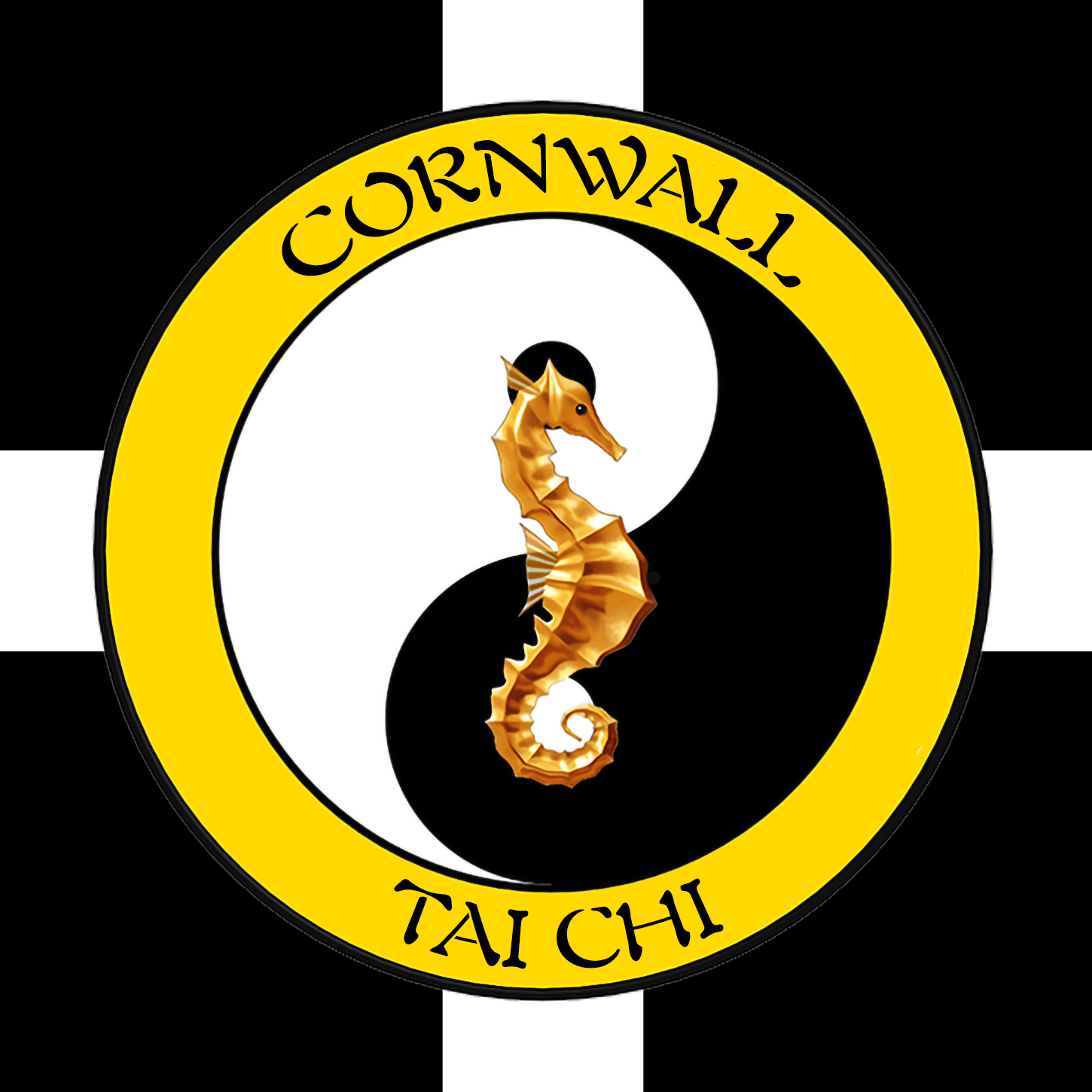-

Summer Course 2025
Tai Chi Week Monday 28th – Friday 1st August 2025 Feng Shou Kung Fu Week Monday 4th August…
-

Summer Term Tai Chi in Penryn
Summer Term Tai Chi and Qigong at the Zedshed is every Wednesday evening 7:45 to 9:15 pm, beginners…
-
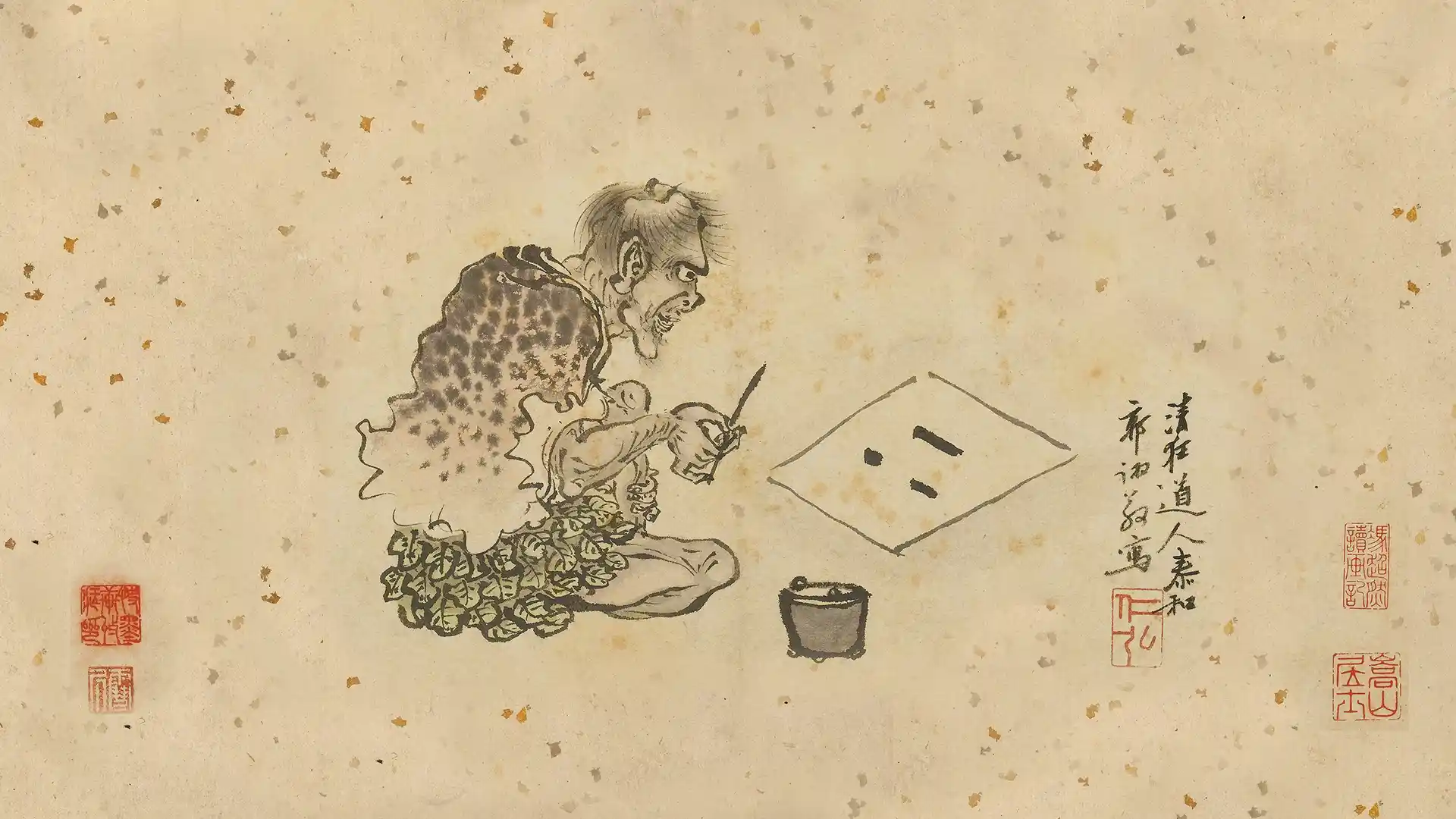
Yuan Shen – original spirit
This painting by Ming Dynasty artist Guo Shu depicts Fuxi, a God-like figure from China’s creation myths, holding…
-
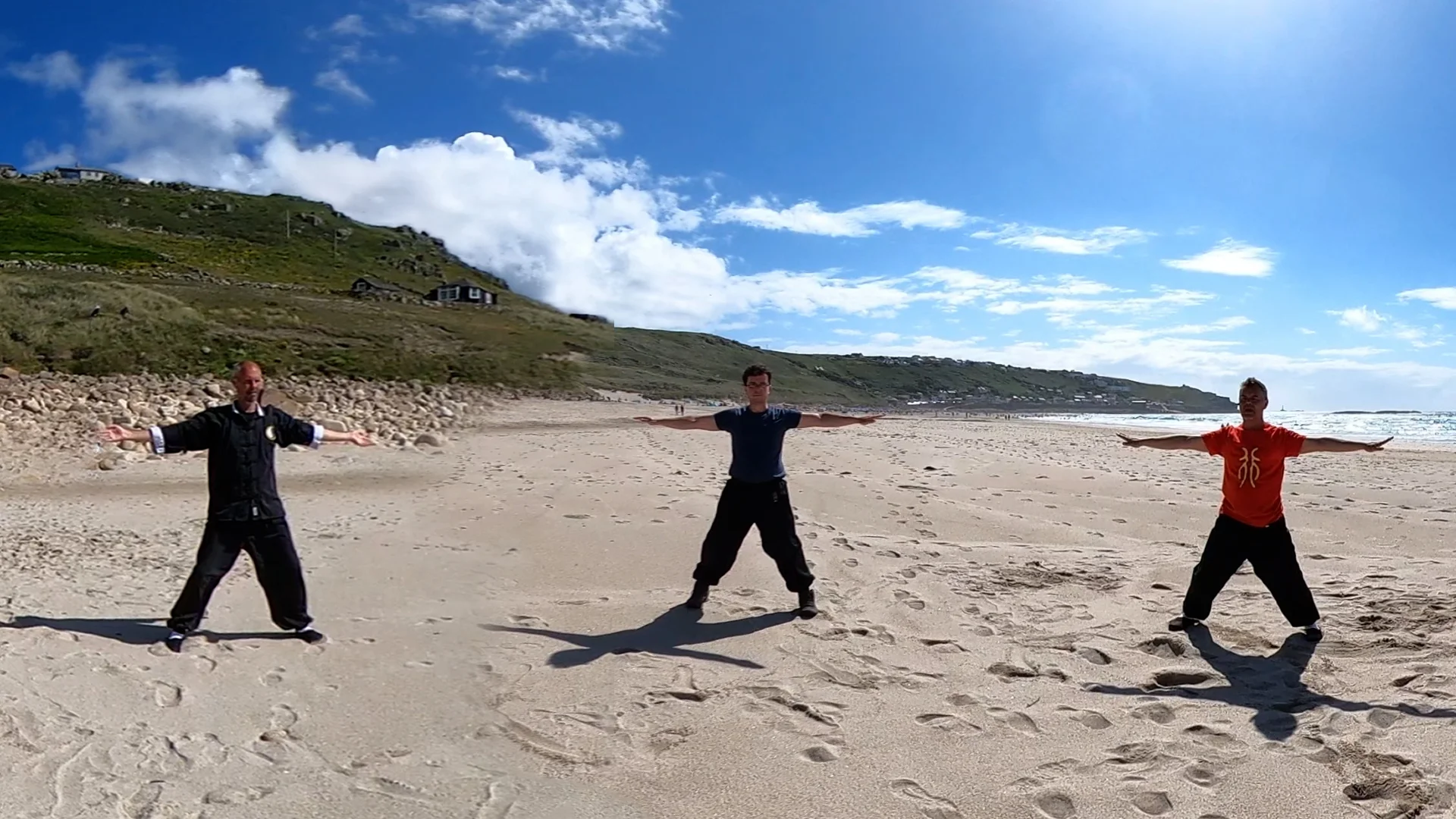
FAQ
Here are the frequently asked questions (FAQ) about Tai Chi along with their answers: General Questions Tai Chi…
-

Finding your Qi
Qi is a fundamental concept in Chinese culture and traditional medicine. Everything is composed of Qi, solids, liquids,…
-
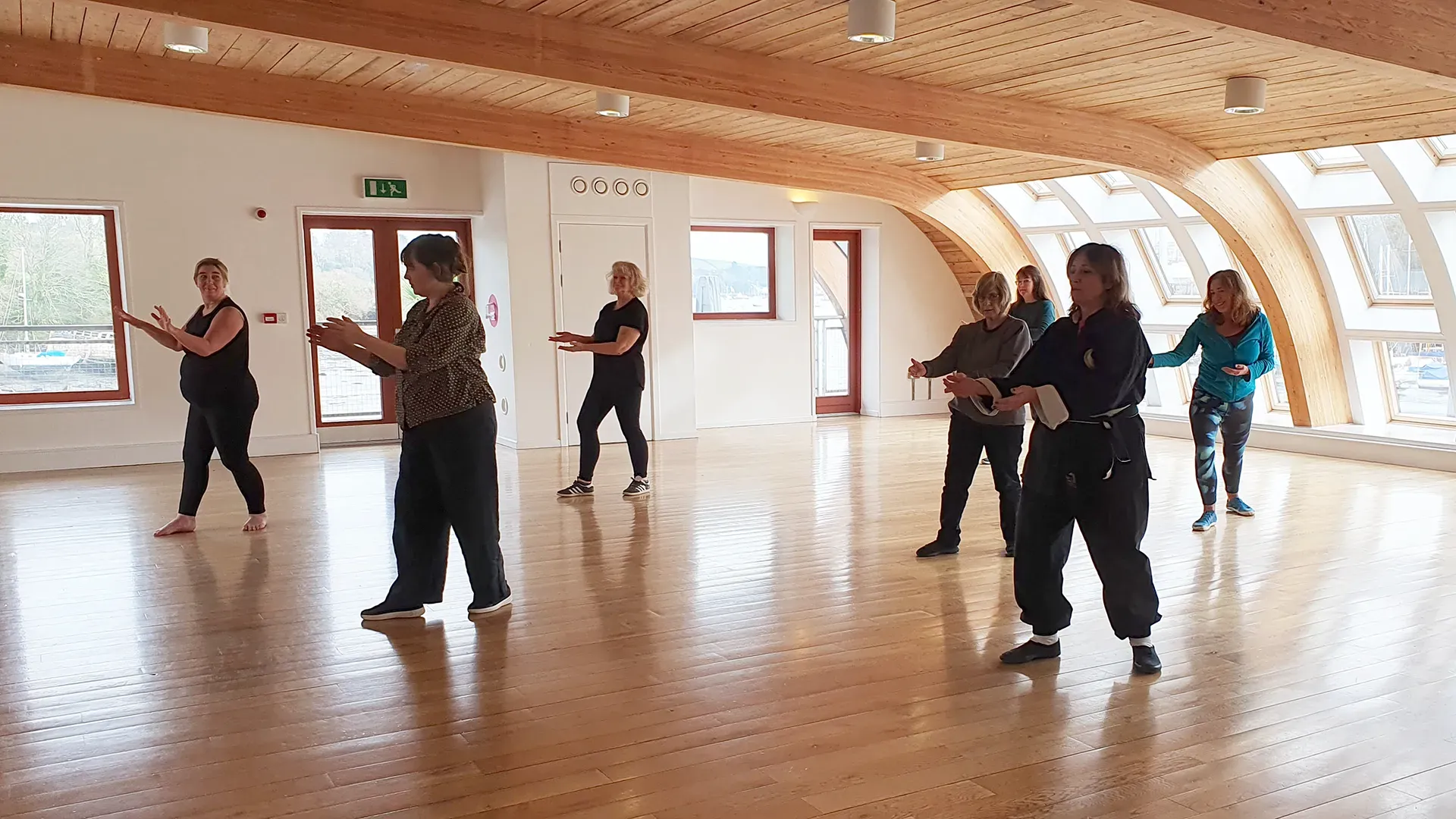
Taoism and The Flow of Life.
Understanding the Importance of flow. Taoism, an ancient Chinese philosophy and spiritual tradition, offers a profound perspective on…
-

Tai Chi and memory
Tai Chi and Memory: The Ancient Art of Enhancing Cognitive Function A new study finds that Tai Chi…
-

Daily training
Explore Our Daily Training YouTube Playlists Embark on a journey of self-improvement with our range of options: Video…
-

Tai Chi and trauma
Tai Chi, a centuries-old Chinese martial art, has evolved as a healing practice that combines gentle movements, meditation,…
-
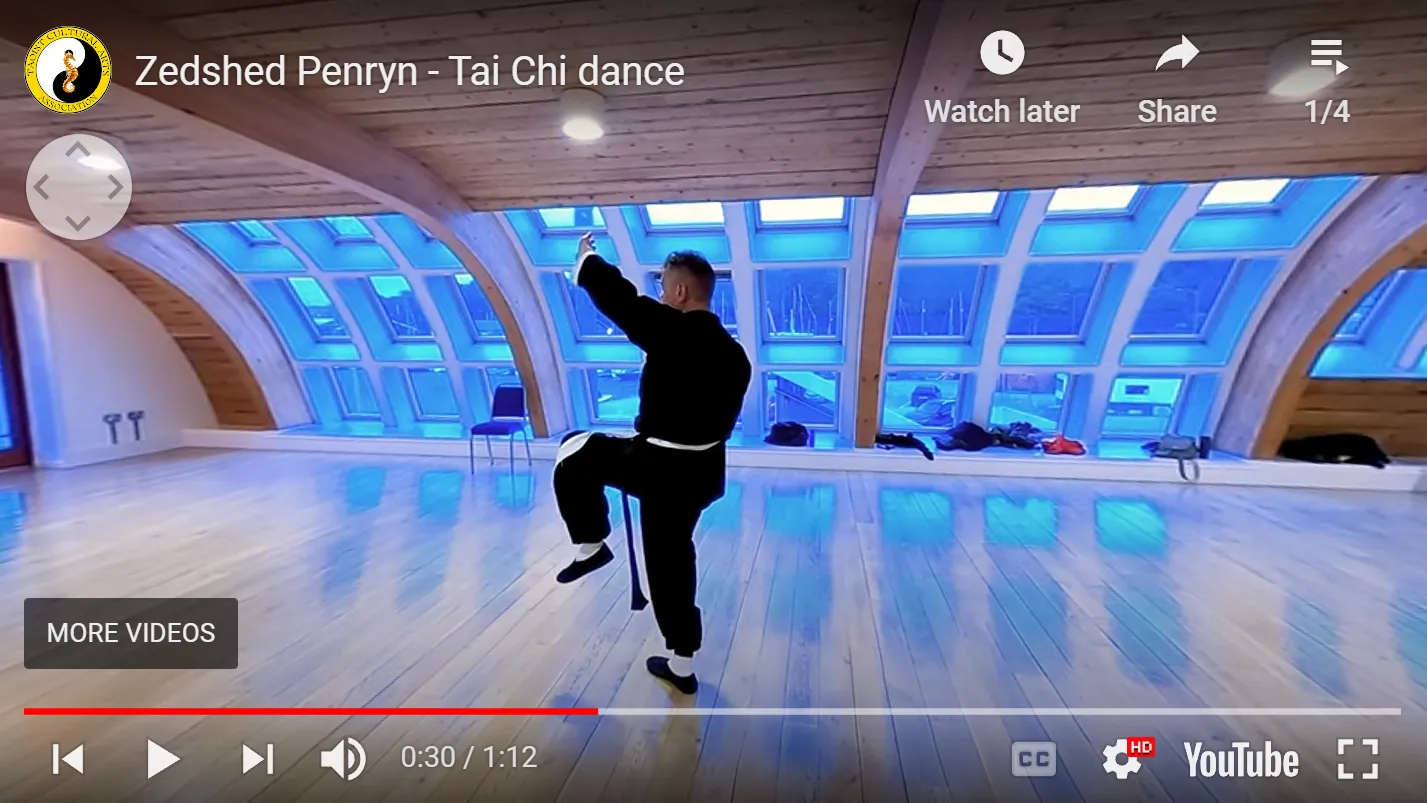
Zedshed Tai Chi
This youtube video playlist will serve as a little window into the Zedshed class in Penryn to give…

